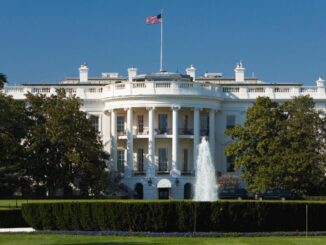
January pending home sales leveled off after December’s surge but remained steady. The softening in sales was primarily a factor of wintry weather rather than declining demand, according to Bright MLS chief economist Lisa Sturtevant.
Pending home sales dropped 4.9% month over month in January, according to the newest data from the National Association of Realtors (NAR).
NAR’s Pending Home Sales Index (PHSI) decreased to 74.3 in January, down from 77.3 in December. On a year-over-year basis, pending sales were down 8.8%. For comparison, the index is benchmarked at a reading of 100 based on 2001 contract activity.
Meanwhile, new home sales, which are also a measure of contract signings, reached a seasonally adjusted annual rate of 661,000 in January, up 1.5% from December’s annualized rate.
Overall active inventory improved 7.9% year over year in January, according to Realtor.com.
“The job market is solid, and the country’s total wealth reached a record high due to stock market and home price gains,” NAR chief economist Lawrence Yun said in a statement. “This combination of economic conditions is favorable for home buying. However, consumers are showing extra sensitivity to changes in mortgage rates in the current cycle, and that’s impacting home sales.”
Pending home sales improved most significantly from December to January in the Northeast and the West. Meanwhile, the Midwest and the South recorded monthly losses. Sales slumped year over year across each of the four U.S. regions.
“Southern states and those in the Rocky Mountain time zone experienced faster job growth compared to the rest of the country,” Yun added. “As a result, long-term housing demand is increasing more significantly in these regions. However, the timing and number of purchases will largely depend on the prevailing mortgage rates and inventory availability.”
Lower mortgage rates buoyed buyer demand in early 2024, but rates started to inch back up toward 7% in February. Economists still believe that rates will ease as key economic data such as inflation or employment soften.
“We expect future pending home sales to improve over last year’s levels, though at a muted pace, given the pull-back in new listing growth,” CoreLogic chief economist Selma Hepp said in a statement. “It’s quite possible that the Fed may not change its strategy on interest rates until late this year, so potential home buyers may need to contend with high mortgage rates for the remainder of the year.”



